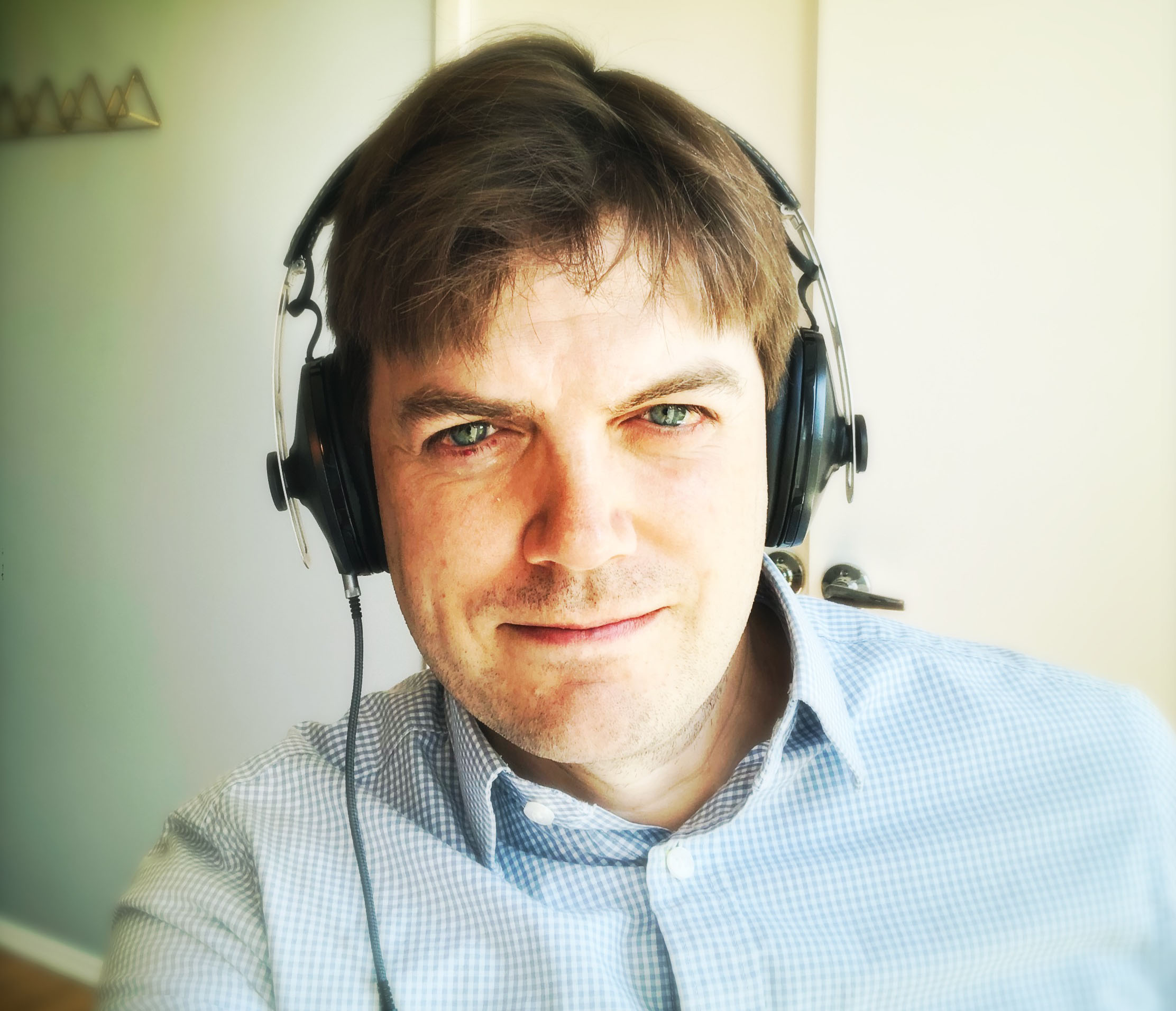
Audio Guide
Chris Aiken and Kellie Newsome cover the basic steps to better sleep in a brief podcast, How to Sleep (click on link or search for “Pocket Psychiatrist” in your podcast store).
Slides from Dr. Aiken’s sleep talk.
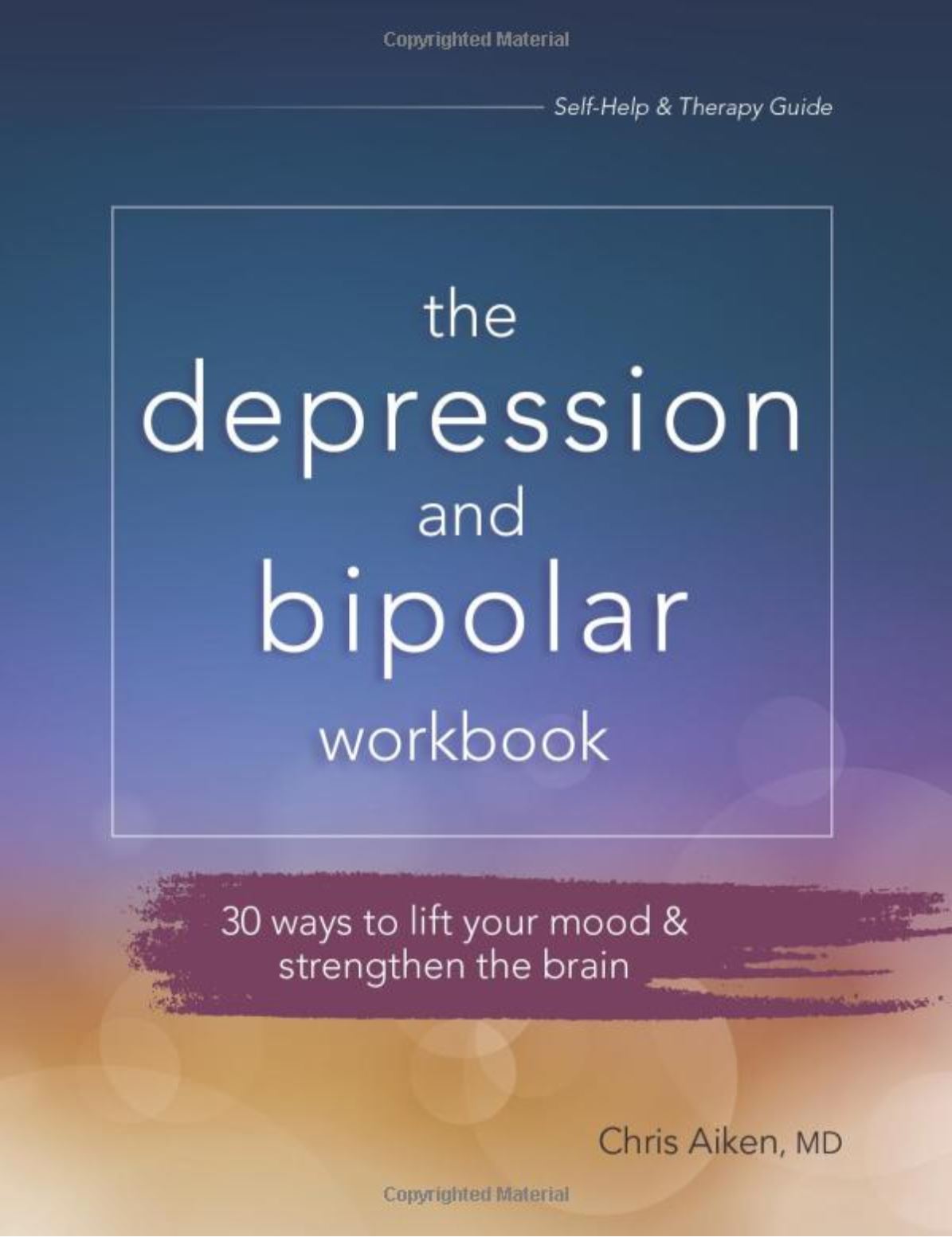
Seven Steps to Better Sleep
The steps below help stabilize the biological forces that drive sleep. Over the long term, they work better than sleep meds, and they also improve mood and physical health. Follow along below or learn more about them in The Depression and Bipolar Workbook (PESI, 2020)

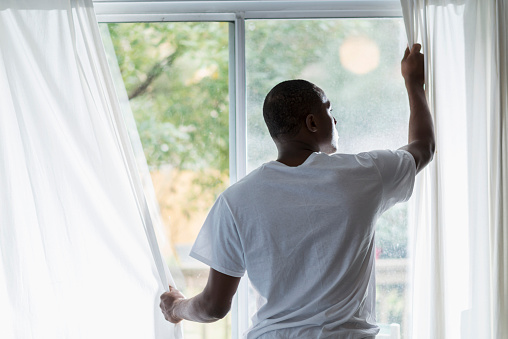
Brisk Awakening
Sleep is a 24-hours cycle, and it’s easier intervene in the morning than it is at night. Rising out of bed at the same time each day will set your body’s internal clock. Start your day with energizing activity to further sharpen those gears. Trouble waking up? Try the next step for help with that.
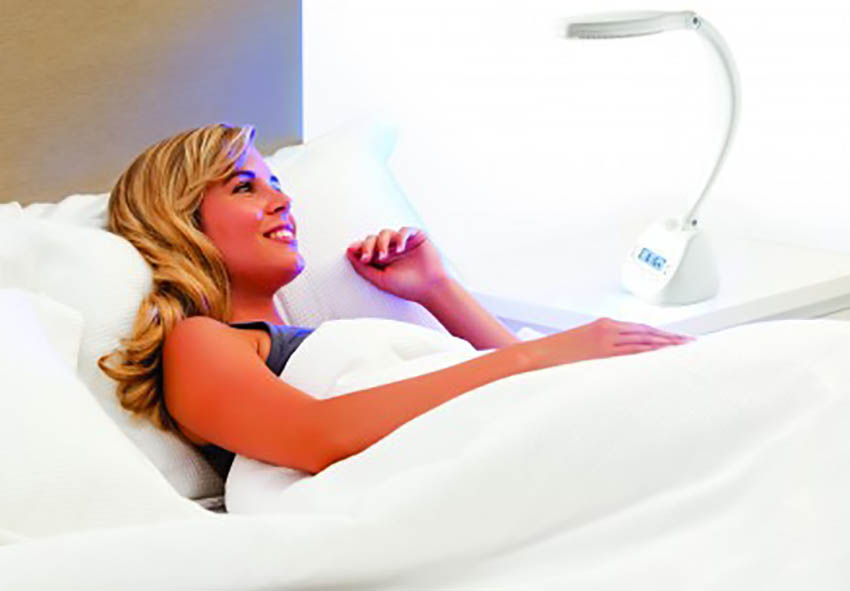
Dawn Simulator
By creating a virtual sunrise in your bedroom, dawn simulators gradually lift the brain from deep sleep to full awakening. The result is better energy and a more stable sleep cycle. Pair it with positive, melodic wake up music for better results.

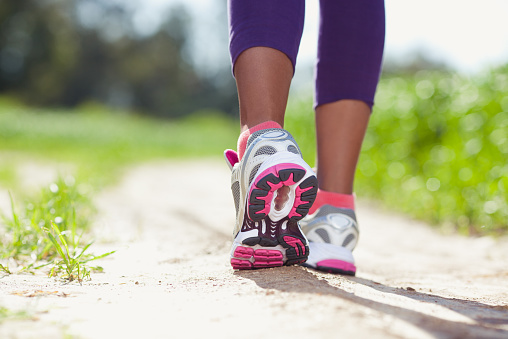
Brisk Walking
It’s too mild to call it exercise, but it’s strong enough to deepen sleep. Slower than a jog, but faster than a walk, brisk walking for 30-45 minutes in the afternoon will improve your sleep quality. Stuck indoors? Try Happy Walk or Walk at Home videos.
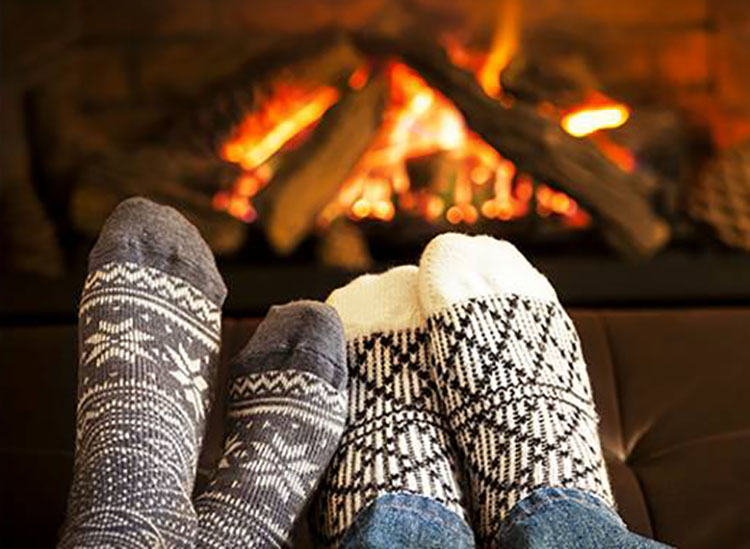
Evening wind-down
You can’t hurry sleep. Your brain needs to shift into the alpha waves of more meditative thought before dozing off. A restful routine in the half-hour before bed can get you there. Examples include meditative music, aromatherapy (try lavender or rosemary), dim lights, and a warm bath.


Blue-light Blockers
Wearing these amber glasses 1-2 hours before bed activates the sleep chemicals like melatonin. They won’t make you fall asleep, but they will improve the quality of your sleep so you’ll feel better and think sharper the next day. If you’re a night owl, they’ll help you get back into a stable rhythm.

Dark Bedroom
It’s amazing what a little bedroom light can do. Even a dim nightlight disrupts sleep and raises the risk of depression and obesity. Use the guide below to get it darker (there’s even special nightlights that won’t affect the brain).

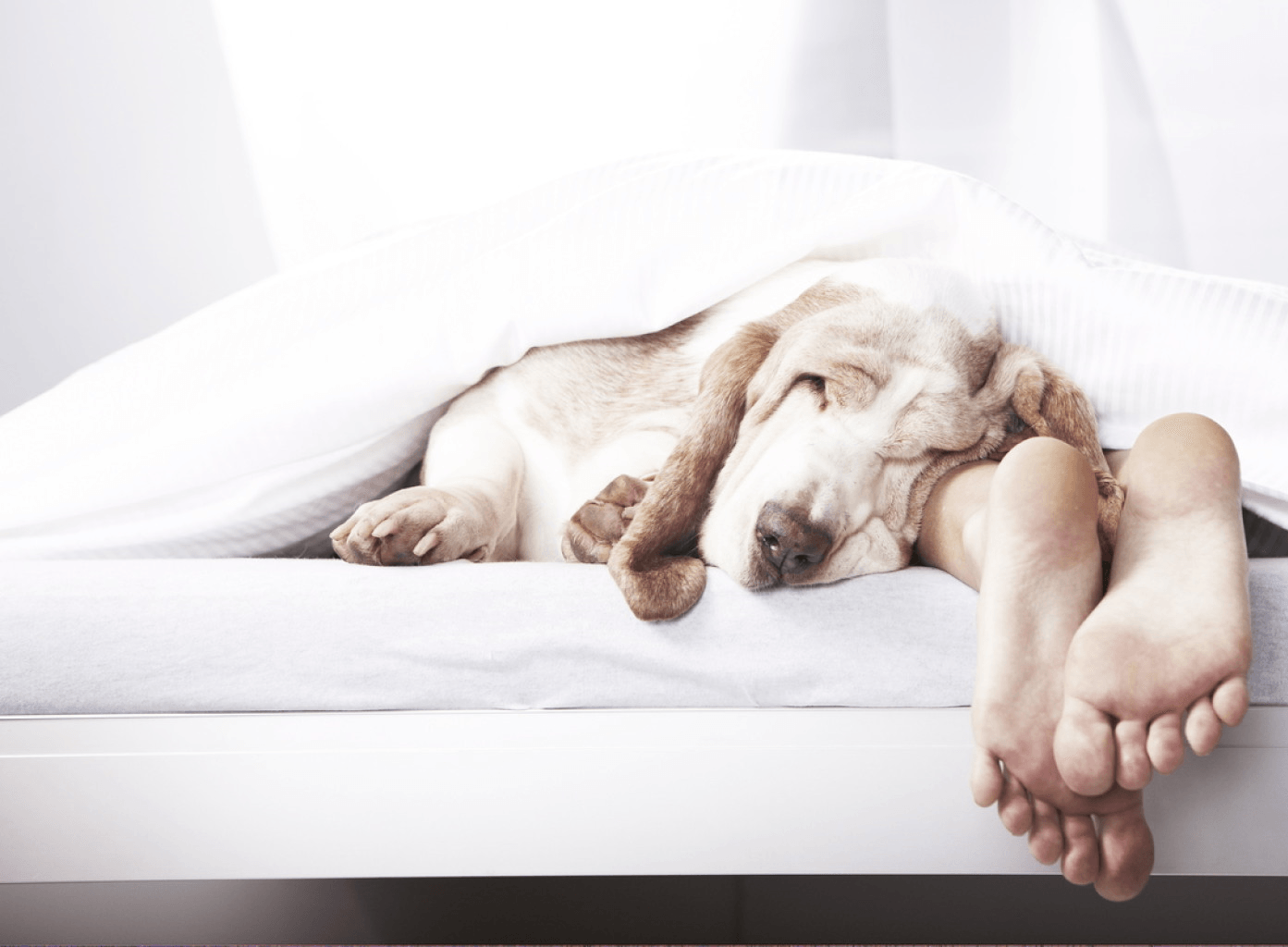
CBT for Insomnia
Still having trouble sleeping? CBT-i is a sleep therapy that has stronger biological effects than sleep meds. It realigns the brain’s sleep drive, circadian rhythms, and reduces inflammation and depression. It’s best done with the guidance of a therapist, but this brief guide and free app to get you started.

